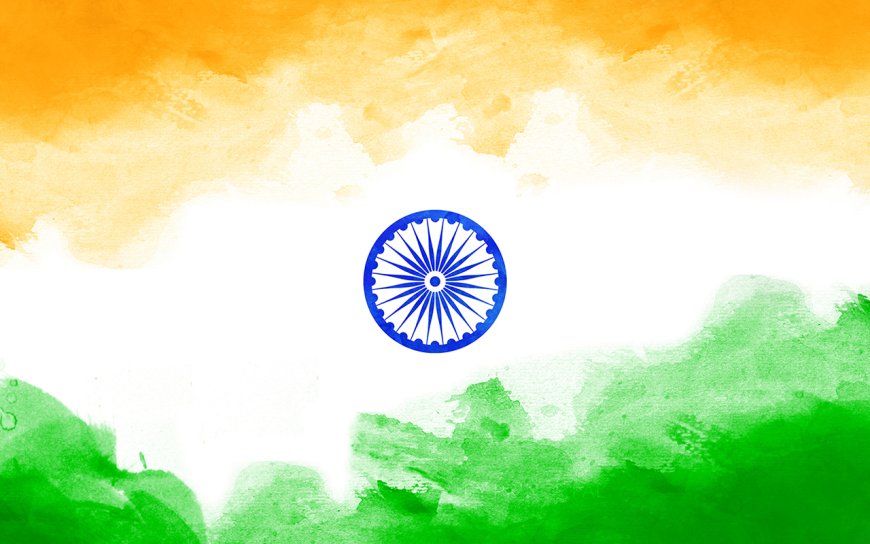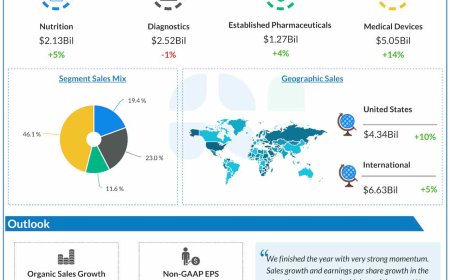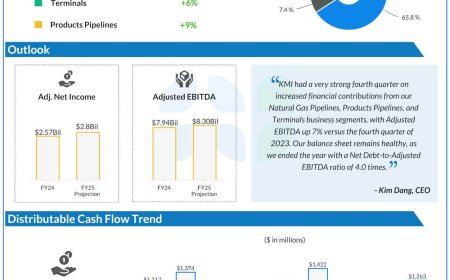Indian BPCL Boosts Middle East Oil Purchases as Russian Supply Dwindles
India’s state-run refiner Bharat Petroleum Corporation Limited (BPCL) has increased procurement of crude grades from the Middle East as Russian supply has declined in recent weeks, the head of finance of the second-largest Indian fuel retailer told Reuters. BPCL, which buys cheap Russian crude on the spot market, is not receiving its full supply of Russian oil, as it did earlier this year, the refiner’s head of finance Vetsa Ramakrishna Gupta told Reuters in an interview published on Monday. “There may be a shortage of two to three cargoes per month ... whatever is the shortage of Russian crude, we are purchasing that from Middle East only,” Gupta told Reuters. BPCL has recently purchased crude oil from Oman to make up for the shortfall in Russian spot supply, the executive added. If Russian crude supply continues to be lower compared to earlier this year, BCPL will explore procuring crude including U.S. West Texas Intermediate (WTI) and additional supply from the Middle East, whatever is cheaper, Gupta said. For two and a half years since the Russian invasion of Ukraine, India continued to boost crude imports from Russia. Over the past two years, India has become a key buyer of Russia’s oil, while the attractiveness of cheaper crude supply has made Russia the single biggest supplier of oil to India. However, India imported lower volumes of Russian crude in November while it boosted purchases of Middle Eastern grades, as Russia exported lower volumes overall while some Indian refiners were undergoing maintenance. Last month, India imported 1.52 million barrels per day (bpd) of Russian crude oil, down by 13% from October, according to ship-tracking data that Reuters has obtained from sources. At the same time, imports from the Middle East into India, the world’s third-largest crude importer, jumped by 10.8% in November compared to the prior month, the data showed. Still, Russia continued to be the top crude supplier to India in November, ahead of Iraq and Saudi Arabia. By Tsvetana Paraskova for Oilprice.com

India’s state-run refiner Bharat Petroleum Corporation Limited (BPCL) has increased procurement of crude grades from the Middle East as Russian supply has declined in recent weeks, the head of finance of the second-largest Indian fuel retailer told Reuters.
BPCL, which buys cheap Russian crude on the spot market, is not receiving its full supply of Russian oil, as it did earlier this year, the refiner’s head of finance Vetsa Ramakrishna Gupta told Reuters in an interview published on Monday.
“There may be a shortage of two to three cargoes per month ... whatever is the shortage of Russian crude, we are purchasing that from Middle East only,” Gupta told Reuters.
BPCL has recently purchased crude oil from Oman to make up for the shortfall in Russian spot supply, the executive added.
If Russian crude supply continues to be lower compared to earlier this year, BCPL will explore procuring crude including U.S. West Texas Intermediate (WTI) and additional supply from the Middle East, whatever is cheaper, Gupta said.
For two and a half years since the Russian invasion of Ukraine, India continued to boost crude imports from Russia. Over the past two years, India has become a key buyer of Russia’s oil, while the attractiveness of cheaper crude supply has made Russia the single biggest supplier of oil to India.
However, India imported lower volumes of Russian crude in November while it boosted purchases of Middle Eastern grades, as Russia exported lower volumes overall while some Indian refiners were undergoing maintenance.
Last month, India imported 1.52 million barrels per day (bpd) of Russian crude oil, down by 13% from October, according to ship-tracking data that Reuters has obtained from sources.
At the same time, imports from the Middle East into India, the world’s third-largest crude importer, jumped by 10.8% in November compared to the prior month, the data showed.
Still, Russia continued to be the top crude supplier to India in November, ahead of Iraq and Saudi Arabia.
By Tsvetana Paraskova for Oilprice.com











































